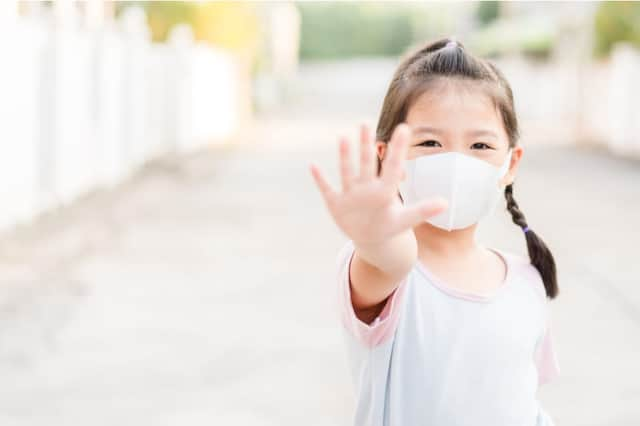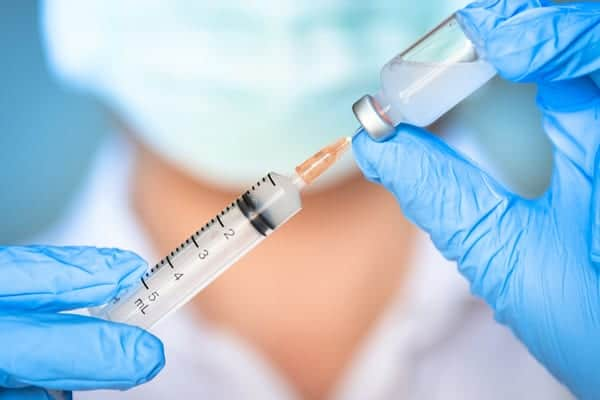13 coronavirus myths debunked by the World Health Organisation


Confirmed cases of the deadly coronavirus have now reached more than 75,600 across the globe, with the death toll in China reaching 2,126 as of today (20 Feb).
Officially named Covid-19, the virus has been declared a “serious and imminent threat to public health” by the World Health Organisation (WHO), with new measures announced by the Department of Health last Monday (10 Feb) meaning those with the virus can now be forcibly quarantined.
Advertisement
Hide AdAdvertisement
Hide AdThe new measures also state that those who are infected can be forcibly sent into isolation if they pose a threat to public health.


Dispelling misinformation
As coronavirus has spread, social media platforms have become swamped with unverified information about how to prevent contracting the virus, the WHO has warned.
In an effort to dispel misinformation, the WHO has addressed the main myths surrounding coronavirus in an effort to provide the public with the correct advice.
Listed are 13 coronavirus myths that have been circulating on social media debunked by the World Health Organisation:
Advertisement
Hide AdAdvertisement
Hide AdHand dryers won’t kill coronavirus
Hand dryers are not effective in killing the virus. To protect yourself, the WHO advises frequently washing your hands with an alcohol-based hand rub, or wash them with soap and water.
Once cleaned, dry them thoroughly using paper towels or a warm air dryer.
UV lamps shouldn’t be used
An ultraviolet lamp should not be used to sterilise your hands, or other areas of skin, as UV radiation can cause skin irritation.
Thermal scanners won’t always detect the virus
Thermal scanners are effective in detecting people who have developed a fever because of infection with the new coronavirus. However, they cannot detect those who are infected, but are not yet sick with fever.
Advertisement
Hide AdAdvertisement
Hide AdThis is because it takes between two and 10 days before people who are infected become sick and develop a fever.
Spraying alcohol or chlorine over your body won’t kill coronavirus
Spraying alcohol or chlorine all over your body will not kill viruses that have already entered your body, and contact with such substances can be harmful to clothes or mucous membranes (e.g. eyes and mouth).
Alcohol and chlorine can be useful to disinfect surfaces, but they need to be used under appropriate recommendations.
Letters and packages received from China are safe
People who receive a letter or package from China are not at risk of contracting coronavirus.
Advertisement
Hide AdAdvertisement
Hide AdThe WHO said: “From previous analysis, we know coronaviruses do not survive long on objects, such as letters or packages.”
Pets cannot be infected with coronavirus
There is currently no evidence that companion animals, such as pet dogs or cats, can be infected with coronavirus.
However, the WHO advises that you wash your hands with soap and water after contact with pets, as this protects you against various common bacteria, such as E.coli and salmonella, that can pass between pets and humans.
Vaccines against pneumonia do not protect against coronavirus (Photo: Shutterstock)
Advertisement
Hide AdAdvertisement
Hide AdPneumonia vaccines won’t protect against the virus
Vaccines against pneumonia, such as pneumococcal vaccine and haemophilus influenza type B (HIb) vaccine, do not provide protection against coronavirus,
This is because the virus is so new that it needs its own vaccine. However, while these vaccines are not effective against coronavirus, vaccination against respiratory illnesses is highly recommended to protect your health.
Rinsing your nose with saline won’t prevent infection
There is no evidence that regularly rinsing your nose with saline will protect you from infection.
There is some limited evidence that doing so can help speed up the recovery from the common cold, but rinsing the nose has not been shown to prevent respiratory infections.
Advertisement
Hide AdAdvertisement
Hide Ad